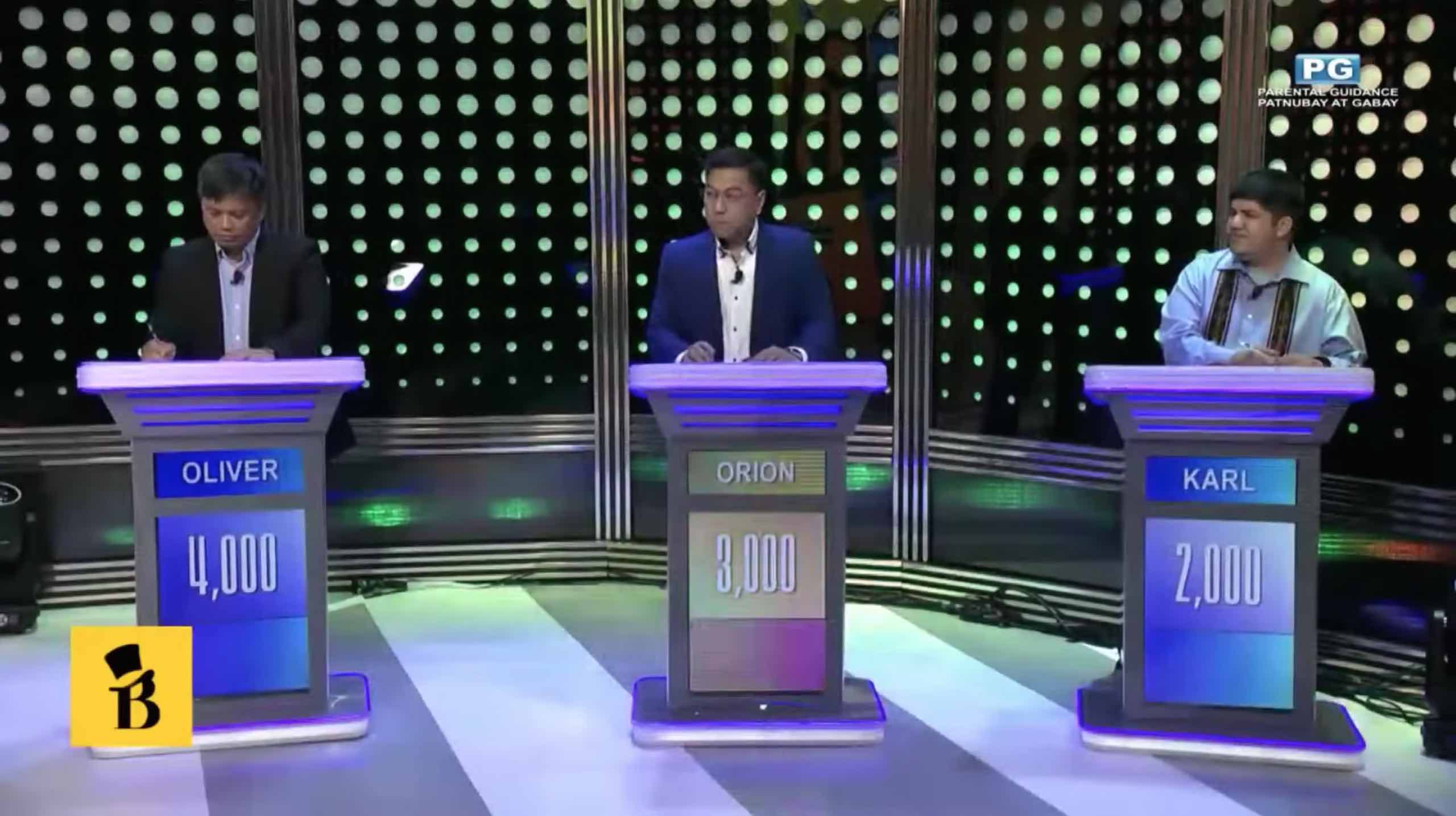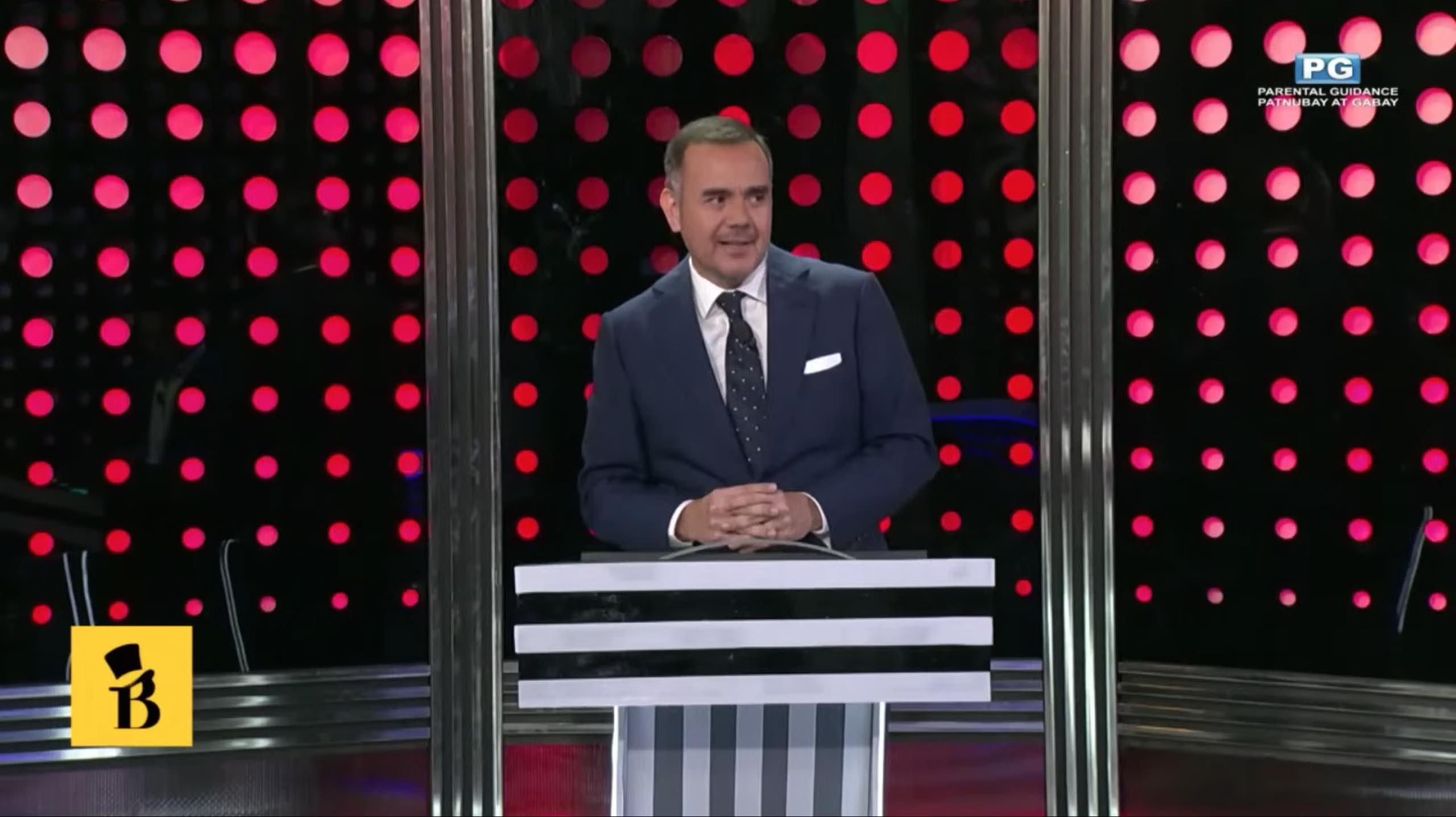Quiz shows and the quiet power of trivia
Bilyonaryo News Channel recently launched Bilyonaryo Quiz B, a revamp reminiscent of the beloved Battle of the Brains, hosted once again by David Celdran. The format is a familiar, rigorous gauntlet across various knowledge domains, paying homage to its ’90s predecessor while injecting modern flair through themed bonus rounds.
Some of us remember watching Battle of the Brains on television. Quizzing players on the scientific name of a bird or Beethoven’s Op. 83 probably flew over our heads at the time. They all seemed, well, trivial. Yet I personally saw it as a gateway to something far richer: curiosity, context, and critical thought.
I’m sure I’m not alone in having moments when, in casual conversation, I suddenly inject a piece of trivia and find myself thinking, “Why do I even know that?”, only for others to reply, “That’s so random.”
Couch quizzes and cultural amnesia
I caught an episode of Bilyonaryo Quiz B where former quiz champions Oliver Tungol, Orion Perez-Dumdum, and Karl Aguilar faced off in a spirited battle of brains across a variety of challenging categories. Not surprisingly, these former Battle of the Brains champs went on to become titans of industry. The format is simple enough: You get points for correct answers; the leader moves on to the final round.

There’s something oddly satisfying about answering questions correctly from the comfort of your couch, matching wits with contestants under the spotlight. It stirs up a wave of nostalgia for those of us who grew up watching such shows. The Weakest Link, Game KNB?, Who Wants to Be a Millionaire—these were once staples of primetime television, seemingly not so long ago.
But something curious happened at the turn of the century. Our culture spun into a paradox: We have the entire internet at our fingertips, yet celebrating knowledge feels almost quaint. Smart-shaming is the new norm.
We Googled the world—then forgot how to think
In the strangest cultural twist, being “too smart” has somehow become a social liability. Intellectual curiosity is dismissed as arrogance, and trivia knowledge earns side-eyes instead of applause. Somewhere along the way, knowing things became “uncool,” as if caring too much about facts and figures were a character flaw. It’s a baffling contradiction, especially now, when the sum of human knowledge is literally in our pockets. We have Google, Wikipedia, and every digital archive imaginable. Yet showing enthusiasm for learning often invites mockery. It’s no wonder quiz shows faded into obscurity; we’ve trained ourselves to scoff at the very thing we once admired.
The consequences of this intellectual apathy are already showing. In 2022, the Ateneo School of Government launched an online diagnostic quiz titled What the Fake?! to measure how well students could identify fake news. The results were alarming: six out of ten students failed to spot false or misleading information.
Quiz challenges, fact-checking initiatives, and anti-disinformation campaigns like PhilSTAR L!fe's Facts Now, Feelings Later offer valuable tools in the fight against fake news. But the solution demands a deeper cultural shift. We need to cultivate a habit of inquiry. A mindset that values skepticism, curiosity, and the joy of asking questions, not just the ability to click the right answer.
Turns out trivia isn’t fluff. It’s intellectual cardio. In a world where misinformation spreads unchecked, exercising our mental muscles with seemingly “useless” tidbits teaches us to think, not just skim.

A call to reinstate 'smart TV'
We’ve relegated brainy shows to nostalgic memory, while short-form dopamine reels dominate today’s screens. It’s telling that quiz shows are now niche internet relics, not primetime staples.
Yet to combat ignorance, we need a daily diet of curiosity, contest, and communal intellect. Imagine evening television that honors knowledge and critical thinking as much as drama or dance.
I’m certainly not advocating for the world to turn its back on the digital landscape the internet has created. But maybe we need a quiet revolution to run parallel with all the tools we now have. In a time when curiosity is underrated, the pursuit of trivia isn’t frivolous. It’s foundational to an informed society. It trains us to question, to research, to think before we click “share.”
Curiosity should run counter to passivity. Engaging with trivia isn’t just about memorizing facts. It’s about igniting a deeper desire to know. That hunger, once sparked, becomes a powerful defense against gullibility, misinformation, and surface-level thinking.
So here’s to more shows like Bilyonaryo Quiz B—shows that treat knowledge not as geeky gloss, but as public valor.
And did you know that David Celdran is the cousin of cultural activist Carlos Celdran? And that Carlos started out as a cartoonist under Nonoy Marcelo?


